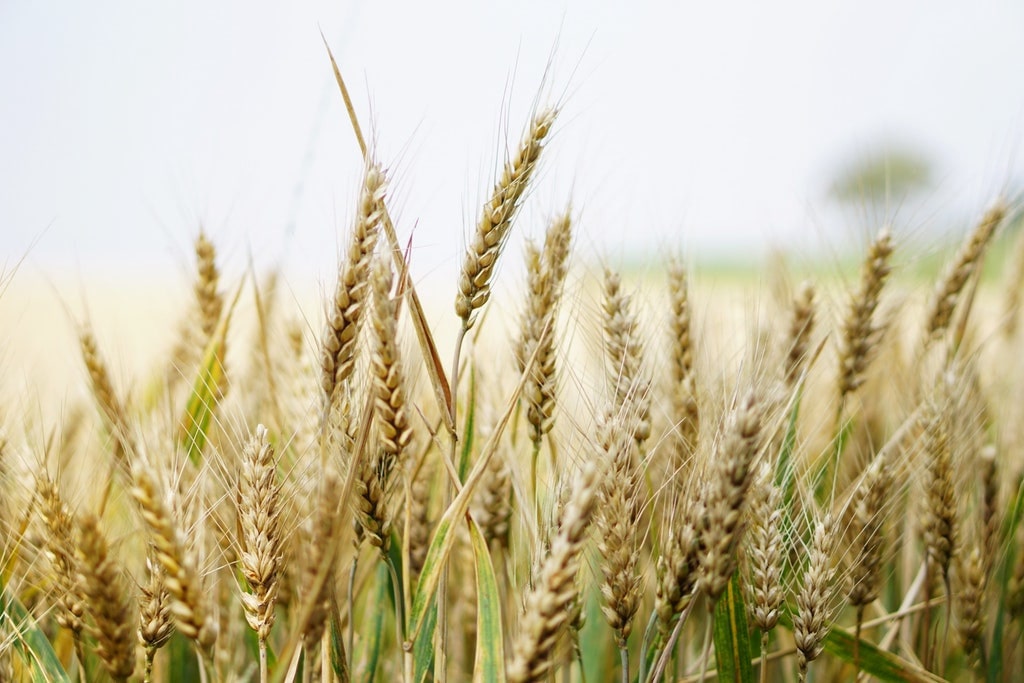Cambridge AS A Level Business Studies/ ZIMSEC Advanced Level Business Studies/ Business Enterprise Skills Notes: Enterprising: The Economic Problem
- As already said elsewhere, business involves an organised effort
- The owners combine factors of production to achieve set objectives
- Combining factors of production can also be known carrying out an economic activity
- Businesses exist primarily to satisfy human needs and wants
- Needs are those things that human beings require in order to survive e.g. water, shelter, clothes and food
- Needs are finite i.e. they can be counted
- Humans cannot survive if their needs are not met
- It is necessary for needs to be met in order for life to continue
- Wants are those things that are required by humans to make life more comfortable for example a couch, Television, cellphone etc
- Wants are infinite (uncountable) i.e they are unlimited
- Humans can survive even if their wants are not met
- Wants are luxuries humans desire to live comfortable lives
- Needs and wants when combined are unlimited
- On the other hand, resources are required in order to satisfy needs and wants
- Resources is another name for the factors of production:
- Capital
- Enterprise
- Land
- Labour
- Resources are used as inputs in the production process
- The end result (output) are products (goods and services)
- These products are used to satisfy human needs and wants
- Resources, unlike needs and wants, are limited (finite)
- This is known as scarcity
- We say resources are scarce while needs and wants are unlimited
- As already said this presents a problem and leads to the following:
- Choice
- Opportunity Cost
- The Economic Problem
Choice
- Since every need and want can be fulfilled because resources are limited
- People (consumers, government, customers, producers) have to decide which needs and wants they want to satisfy
- Choice involves deciding between two or more alternatives
Opportunity cost
- Whatever choice they make it means not all needs and wants will be satisfied
- Opportunity cost refers to the cost of foregoing the next best alternatives
- It refers to the benefit, profit, or value that the person making the choice would have enjoyed had they not made the current choice
- Making the current choice means that they have passed on the benefits, profit or value they would have enjoyed had they made a different choice
- For example, if you have $10 which would just enough to buy a movie ticket or enjoy a restaurant meal but not enough for both
- If you decide to watch the movie then the restaurant meal becomes your opportunity cost
- It means while you are enjoying the movie you are not enjoying the meal what you would otherwise be enjoying
- Almost every business (even personal) decision comes with opportunity cost
Economic Problem
- The problem of limited resources versus unlimited needs and wants does not just apply to individuals and businesses
- It applies to communities, towns, states, provinces and countries as a whole
- These have limited resources too, for example, foreign currency is limited
- The economic problem refers to the issue faced by society of how to make the best use of limited, or scarce, resources
- Society has to decide on how these resources are to be allocated
- The economic problem involves three questions that society must answer:
- What to produce-society has to decide what combination of goods and services to produce so as to satisfy their needs and wants. For example how much arable land to set aside for food crops versus commercial crops?
- How to produce-Societies also have to decide the best combination of factors to create the desired output of goods and services. For example, how much land, labour, and capital should be used to produce essentials such as grain
- For whom to produce-all societies need to decide who will get the output from the country’s economic activity, and how much they will get
- Economic systems are used to solve this problem
- There are three general economic systems and each given society can choose one they prefer depending on the different political set up of the given society
- The three economic systems are:
- The planned economic system
- The free market economic system
- The mixed economic system
To access more topics go to the Advanced Level Business Studies page
To access more topics go to the ZIMSEC Business Enterprise and Skills page
To access more topics go to the Cambridge AS A Level Business Studies page



